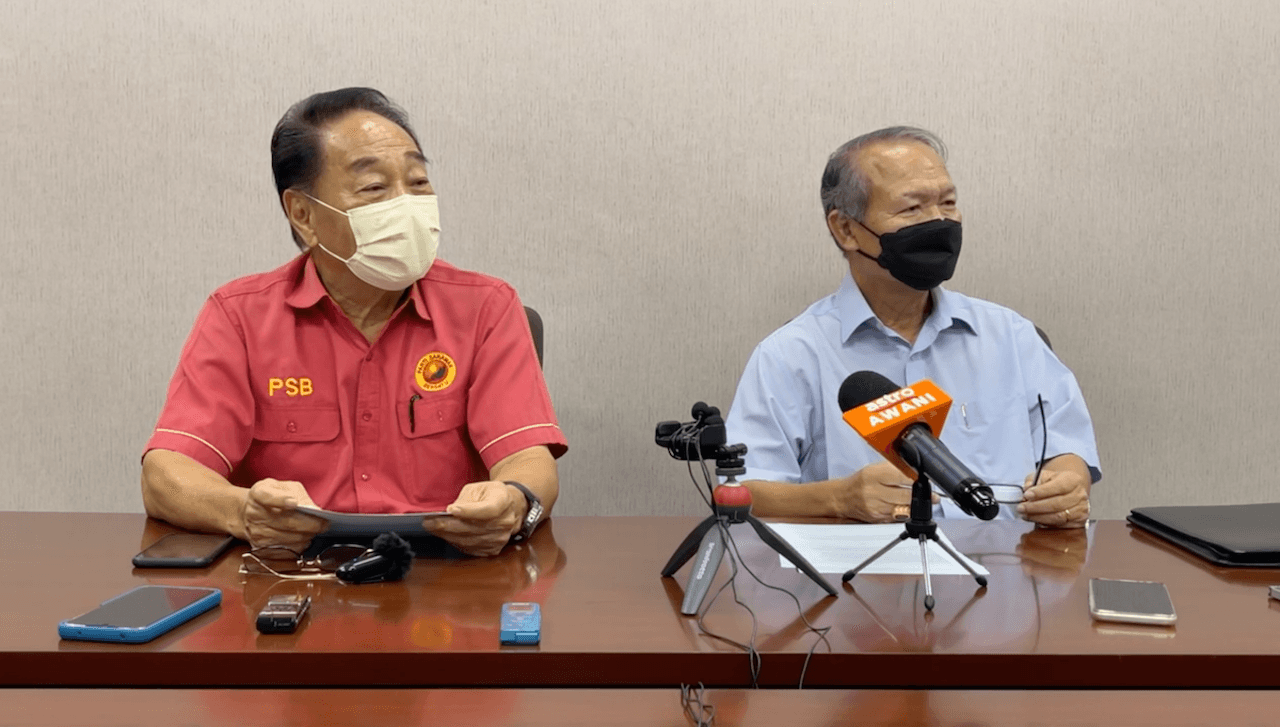Membership of ex-bishop to give PSB a boost in Sarawak polls, say analysts
They say Bolly Lapok's membership will give PSB more credibility especially among the Iban voters.
Just In
Even before a date is set for the much-anticipated election in Sarawak, parties have been working to gain support from the ground, aware that every vote will count in the looming battle for control in the state legislative assembly.
For Parti Sarawak Bersatu (PSB), a Gabungan Parti Sarawak (GPS) splinter, efforts have been redoubled from a year ago as it works towards its goal of capturing the vote in Dayak-majority seats in addition to Chinese-majority constituencies.
With GPS on strong footing, though, it has been forced to come up with new strategies to win the support of the electorate.
Most recently, its president Wong Soon Koh announced that Bolly Lapok, the former bishop of the Anglican Church in Sarawak, had joined the party – a move which experts said would provide a boost for PSB’s credibility, especially among the Iban voters.
“Given that PSB touts itself as a multi-communal party, Bolly is likely to highlight the multicultural issues pertinent to Sarawak,” Singapore Institute of International Affairs senior fellow Oh Ei Sun told MalaysiaNow.
“By taking in a senior religious figure such as Bolly, PSB is seeking to further cement its credentials as a serious contender in the coming state election,” he added.
James Chin of the University of Tasmania agreed that the membership of Bolly, who was also the archbishop of the Anglican province of Southeast Asia, would fortify PSB’s position ahead of the polls.
“I think Bolly joining PSB will have an impact which will bring a lot of credibility to the party,” Chin said, adding that more than half of the population in Sarawak is non-Muslim, with Christians making up some 70%.
Wong himself has expressed confidence that Bolly’s decision to join PSB will speak to the party’s aspirations and its fight for Sarawak’s rights.
Bolly meanwhile said that having PSB as a local and independent political party is the best platform for him to voice his concerns, especially over the right of the non-Muslim community to practise their faith.
Aside from the narrative of inclusivity, Chin said the appearance of Christian leaders in politics is indicative of a growing concern over the political turbulence in the peninsula.
“It also shows that the Christians are worried about Sarawak’s direction,” he said.
In Malaysia, Chin said, it is rare to see Christian or non-Muslim religious leaders getting involved in politics, unlike in other countries especially in Latin America and, nearer to home, the Philippines where priests are actively involved in politics.
Yet parties such as PAS are prime examples of religious figures, serving or retired, being associated with politics.
Chin said Islamic clergy appear more active in Malaysian politics than leaders from other religions.
With Bolly in the field, he said, PSB has a chance to win over the support of voters.
Oh meanwhile adopted a wait-and-see approach, saying the election results will speak for themselves.
Subscribe to our newsletter
To be updated with all the latest news and analyses daily.
